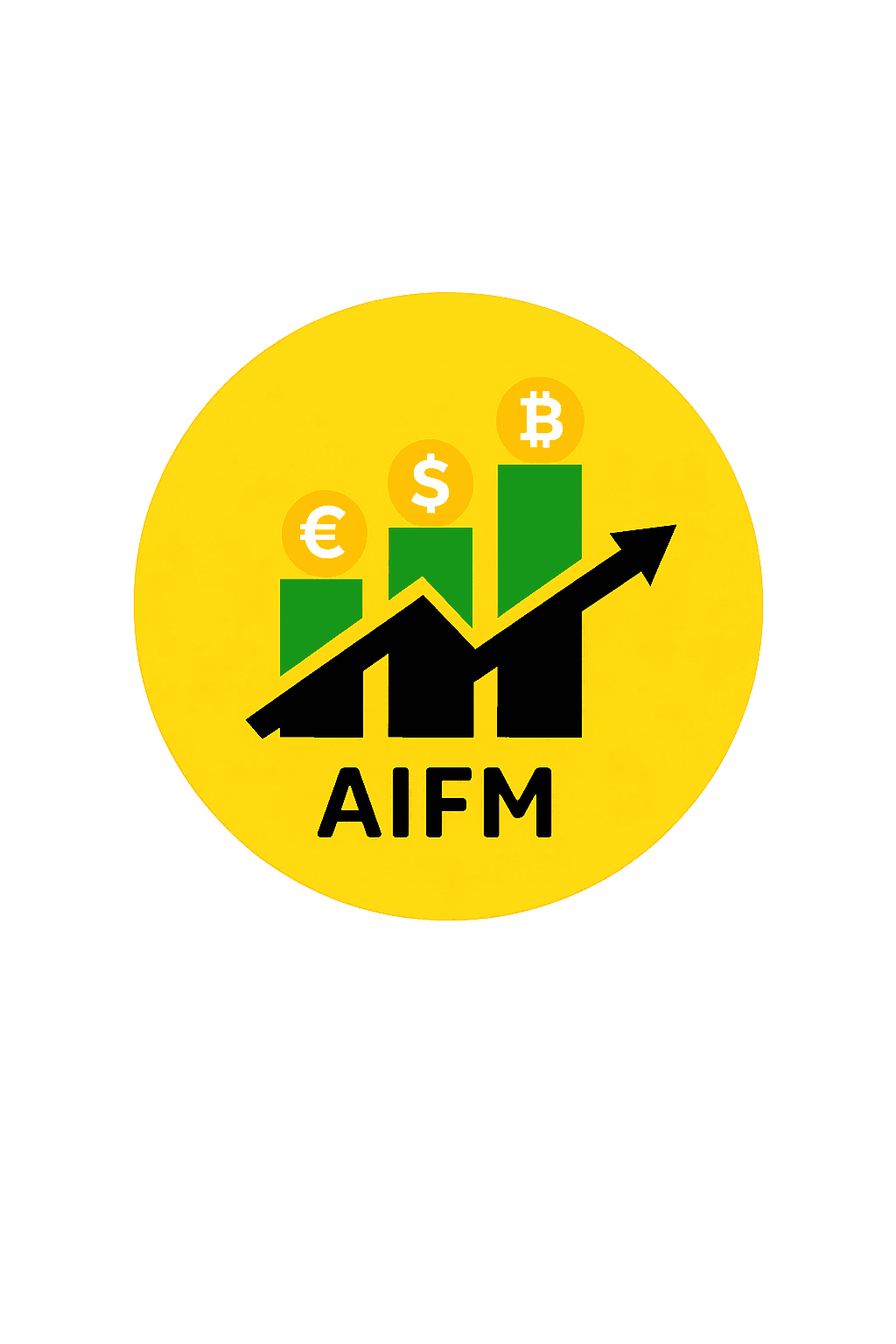Create SICAF or SICAV in Luxembourg
The Investment Company in Variable Capital and Investment Company in Fixed Capital are investment vehicles available to foreign investors in Luxembourg. They can take the form of an Undertaking for Collective Transferrable Securities (UCITS) or a Specialized Investment Fund (SIF).
Investment vehicles can be established in various legal forms in Luxembourg, with the main difference being the minimum share capital for each legal form.
Luxembourg Investment Company in Variable Capital (SICAV)
- An investment fund organized as an investment company with variable share capital.
- Value of shares must match the value of its net assets.
- Capital increases or decreases and can be set up without formalities.
- May be organized as a public limited liability company.
- Like other investment fund, the office of an Investment Company in Variable Capital (SICAV) must be in Luxembourg.
- Pertinent documents are safeguarded by the registered office in Luxembourg.
- Issuance of redemption of shares must take place in the registered office.
- It has its own legal personality.
- Investment Company in Variable Capital (SICAV) registration entails establishing a public limited liability company with share capital equals to its net assets.
Investment Company in Variable Capital (SICAV) Characteristics
- Subject to the Fund Law of 2007 (Specialized Investment Fund Law and Luxembourg Commercial Law as it can be set up as a commercial company).
- Can be managed by a designates fund management company or a self-management investment company.
- Sub-funds can be created within an Investment Company in Variable Capital (SICAV).
Share Capital
- Minimum share capital at EUR 1.25 million to be deposited within the next six months following its approval as an investment company in Luxembourg.
- Luxembourg-based Investment Company in Variable Capital (SICAV) can pay up capital in the next 12 months.
- For self-managed Investment Company in Variable Capital (SICAV), an investor must withdraw a minimum share capital of EUR 300,000.
Reporting Requirements
- Must follow general accepted accounting principles in drafting annual and semi-annual reports.
- Supervised by the Commission for the Supervision of the Financial Sector (CSSF) and required to report.
- The Commission for the Supervision of the Financial Sector (CSSF) provides the approval of the constitutive documents, names of directors, management provisions, and other issues before it can be created.
- Financial accounts must be audited by an independent auditor, to be submitted within four months after the end of the financial year, and so long it operates as an Undertaking for Collective Transferrable Securities (UCITS).
- A fund under the Specialized Investment Fund (SIF) Law, must publish its pertinent documents six months after the end of the financial year.
- Must provide a sale prospectus featuring a fund’s investment strategy, and associated risks with this matter.
Tax Regime
- Assessed with subscription tax at a rate of 0.05% of its net asset value.
- For Investment Company in Variable Capital (SICAV) formed under the Specialized Investment Fund (SIF) Law, the subscription tax is at 0.01%.
- Funds are exempt from income tax.
- Can reap the benefits of tax exemption, such as income tax.
- Tax exemption on net wealth tax and withholding tax on the distribution of dividends paid to non-residents.
- Can benefit from Luxembourg’s double taxation treaties with other countries as per Circular Letter L.G. signed on 12 February 2015.
- Valued added tax is not applicable to an Investment Company in Variable Capital (SICAV).
Functions
- Created for the purpose of investing on the fund’s hare capital.
- Allows the combination of various asset types, including securities and real estate.
Eligibility
- The fund can be incorporated by any type of investor, provided it is formed under the Undertaking for Collective Transferrable Securities (UCITS) regulations.
Other Relevant Features of the Investment Company in Variable Capital (SICAV)
- Registered office, management, and control of an Investment Company in Variable Capital (SICAV) must be in Luxembourg.
- It may issue shares anytime, reminding investors that shares may not exceed the fund’s net assets.
- an Investment Company in Variable Capital (SICAV) under Specialized Investment Fund (SIF) regulations are only available for qualified investors.
Main Responsibilities of a Custodian Bank in Luxembourg
- Assets of an Investment Company in Variable Capital (SICAV) must be transferred to a custodian bank, which ensures the income of the fun is utilized as mentioned in the company’s articles of association. If the assets of the fun are improperly managed, the custodian bank will be held liable to both investment fund and its shareholders.
Issuance of Shares Requirements
- Issuance of funds does not need any specific changes on a fund’s constitutive documents.
- Share price will be established based on the net asset value and number of outstanding shares.
Stipulations Regarding Dividends Distribution
- Whether an Investment Company in Variable Capital (SICAV) is registered under Specialized Investment Fund (SIF) or Undertaking for Collective Transferrable Securities (UCITS) legislation, dividends distribution follows the same rules.
- It is imperative to know which manner of distribution of dividends is decided and needs to be prescribed in a fund’s prospectus.
- It is important to determine whether distributions can be allocated to shareholders regardless of financial outcomes of the fun in a given time period.
Investment Company in Fixed Capital (SICAF) in Luxembourg
An Investment Company in Fixed Capital (SICAF) is an investment fund that has a fixed capital. It can be established in every available business form in Luxembourg, including the following:
- Public Limited Liability Company (S.A.)
- Limited Partnership (S.C.A.)
- Private Limited Liability Company (S.A.R.L.)
The share capital of an Investment Company in Fixed Capital (SICAF) can only be increased by the company’s shareholders. Any changes to the capital must be notified and published.
- Subscribed share capital must reach EUR 1.25 million within six months after its establishment.
- Timeframe for reaching the necessary capital is 12 months for Specialized Investment Fund (SIF).
- Minimum share capital depends on the type of legal form chosen.
Other Investment Company in Fixed Capital (SICAF) Requirements
- Subject to Commercial Law in Luxembourg and Company Law.
- Supervised by the Commission for the Supervision of the Financial Sector (CSSF) in Luxembourg.
- A license is required for the funds to commence its business activities.
- Both an Investment Company in Fixed Capital (SICAF) and Investment Company in Variable Capital (SICAV) are exempt from corporate taxation.
- Both an Investment Company in Fixed Capital (SICAF) and Investment Company in Variable Capital (SICAV) are exempt from withholding tax on dividends.
- Both an Investment Company in Fixed Capital (SICAF) and Investment Company in Variable Capital (SICAV) are liable to subscription tax and an annual tax rate of 0.05% of their net assets, and 0.01% if established as a Specialized Investment Fund (SIF)
- Both an Investment Company in Fixed Capital (SICAF) and Investment Company in Variable Capital (SICAV) must prepare annual accounts and appoint an auditor based in Luxembourg.
- Manager or any other person performing consulting services do not need to have Luxembourg nationality.
Damalion delivers sophisticated and innovative solutions to help investors and other market participants in the formation of investment vehicles, including the Investment Company in Variable Capital and Investment Company in Fixed Capital. We will help you in various activities utiliizing a forward-thinking approach to help you succeed. With our global service network, we help facilitate the smooth provision of legal, accounting, tax advice, and regulatory solutions. From bank account opening to providing sound consulting on tax issues, we are with you every step of the way. Reach out to a Damalion expert today to learn more.
This information is not intended to be a substitute for specific individualized tax or legal advice. We suggest that you discuss your specific situation with a qualified tax or legal advisor.
Create a SICAF or SICAV in Luxembourg — legal forms, governance, tax points and a practical setup timeline
Luxembourg remains a preferred jurisdiction for corporate fund vehicles. If you are weighing a SICAF (fixed capital investment company) against a SICAV (variable capital investment company), start by aligning capital mechanics, governance, and target investors. Below you will find a concise comparison, a bank-ready checklist, early tax considerations, and a sequential plan to move from decision to launch without rework.
Why choose Luxembourg for a SICAF or SICAV?
Before drafting documents, confirm that the vehicle supports your investor dialogue and banking expectations.
- Institutional acceptance: predictable corporate law, stable case practice, and strong counterparty confidence.
- Scalable architecture: umbrellas with sub-funds enable clean separation by asset class, region, currency, or strategy.
- Ecosystem depth: experienced administrators, depositaries, auditors and counsel reduce launch friction.
- Seamless integration: corporate funds align with master–feeder and parallel-fund platforms when you need currency or jurisdictional splits.
SICAV vs SICAF: which fits your strategy?
Capital flexibility and liquidity expectations usually decide the choice. Use the table to orient the discussion.
| Criterion | SICAV (variable capital) | SICAF (fixed capital) |
|---|---|---|
| Capital mechanics | Subscriptions/redemptions adjust capital without formal capital changes | Capital changes typically require shareholder approvals and filings |
| Investor profile | Investors expecting periodic dealing or share-class liquidity | Sponsors favouring closed-end, programmatic deployment |
| Typical strategies | Liquid or semi-liquid equity/debt, multi-asset, thematics | Private equity, infrastructure, real assets with defined harvest |
| Umbrella/sub-funds | Common; robust ring-fencing between sub-funds | Also available; used to separate vintages or geographies |
If you prefer a partnership-style instrument with limited partners, consider a corporate forms overview for SCA or review our notes on GP/LP models alongside companies.
What governance and providers do you need?
Your operating model should be proportionate to the strategy and investor expectations.
- Board & policy suite: documented valuation, conflicts, liquidity/dealing, side-letters, and reporting calendar.
- Depositary & Administrator: custodian oversight, cash monitoring, NAV calculation and financial statements.
- Audit: independent annual audit aligned with valuation methodology.
Which tax points deserve early attention?
Tax outcomes depend on the fund’s legal form, the assets, and source jurisdictions of income.
- Fund-level charges: regime-specific levies and, where applicable, subscription tax on net assets.
- Holding/SPV layer: participation exemptions, treaty access and beneficial-owner requirements.
- Financing & substance: interest limitation, anti-hybrid rules, transfer pricing and decision-making in Luxembourg.
What does a bank-ready file look like?
Preparing a coherent dossier reduces questions and shortens account opening.
- Corporate documentation: articles, board minutes, organization chart, signing matrix.
- Ownership trail: shareholder registers and ultimate beneficial owner evidence.
- Economic narrative: strategy, pipeline, share-class plan, expected cash flows and currencies.
How do you set up a SICAF or SICAV (step by step)?
Following a strict order keeps the company registry, providers and bank aligned from day one.
- Define strategy and target investors: asset scope, liquidity profile, size and timeline.
- Choose the company form and perimeter: SICAV vs SICAF; umbrella with sub-funds if needed.
- Appoint core providers: depositary, administrator and auditor with relevant asset experience.
- Document governance: prospectus/regulations, valuation, conflicts, dealing and reporting.
- Onboard & open accounts: complete KYC/AML, custody and operating accounts; confirm signatories.
- Go live & report: subscriptions, investments, NAV cycle and investor communications.
Related Damalion resources to deepen your plan
These articles explain adjacent decisions you may face during design and launch:
- Establishing a private equity structure in Luxembourg
- Overview on master–feeder funds
- Launching your master–feeder fund in Luxembourg
- Comprehensive overview on Luxembourg parallel funds
- Advantages and challenges of Luxembourg parallel funds
FAQ – Create a SICAF or SICAV in Luxembourg
These are the questions sponsors and family offices raise most during kick-off calls.
When is a SICAV preferable to a SICAF?
Choose a SICAV when you need periodic dealing or share-class liquidity. Select a SICAF for closed-end programs with predictable deployment and harvest windows.
Can we operate multiple strategies under one platform?
Yes. An umbrella company with sub-funds lets you segregate assets and liabilities by strategy, region or currency.
What delays banking most often?
Incomplete ownership trails, inconsistent valuation policies and domicile documents that do not match company records.
Do we need a depositary even for private assets?
Yes. The depositary oversees cash monitoring and verifies asset ownership in addition to custody for financial instruments.
How do master–feeder or parallel structures fit?
Corporate funds often act as the master alongside jurisdiction-specific feeders or as peers in a parallel arrangement to accommodate tax and marketing needs.
References: Guichet.lu (Government portal) · EUR-Lex (EU legal portal)





























